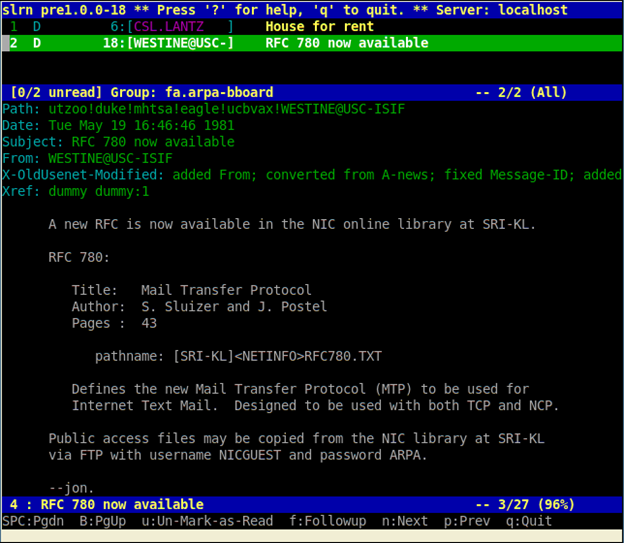Invicti Insights: Women in engineering changing the game
In this edition of the Invicti Insights series, we sat down with our VP of Engineering and Program Management, Kalpana Tummala, to discuss why we need more women in engineering and how organizations can foster an inclusive environment where everyone has a chance to make an impact.
Your Information will be kept private.
Begin your DAST-first AppSec journey today.
Request a demo

VP of Engineering
and Program Management
Despite significant progress for gender equality in the modern workforce, many women still face glaring underrepresentation – especially in engineering. Today in the United States, just 15.9% of engineers are women, a mere 0.9% increase since 2010. The progress for gender and racial diversity in STEM (science, technology, engineering, and math) has been uneven in recent years, with women making up the majority of workers in healthcare-related roles but holding far fewer jobs in computing and engineering.
In cybersecurity specifically, there is more than enough opportunity, yet women account for just 25% of the global workforce. They represent an untapped, diverse talent pool that can bring fresh perspectives and critical skills to the table. They’re often overlooked through the misconception that cybersecurity requires only highly technical know-how and that men are better-suited for those expert roles. In reality, gender bias can box organizations out of a versatile set of skills that both men and women possess and are essential to cybersecurity, including technical adaptability, clear communication, and effective crisis management.
In honor of International Women in Engineering Day, we sat down with Kalpana Tummala, Invicti’s VP of Engineering and Program Management, to delve into her 22-plus years of experience. Read on for her journey to Team Invicti – including lessons she has learned along the way about why women are so critical to the IT workforce and how we can empower future engineers to succeed.
What do you think are some of the biggest hurdles or challenges that women in cybersecurity and women in engineering face?
Kalpana Tummala: Feeling confident and respected is sometimes challenging. Engineering, including cybersecurity, is traditionally a male-dominated field. Seeing fewer women at the table makes us feel less confident about our capabilities, even though we perform equally. It is the feeling of being a minority. Additionally, hard engineering skills such as technical ability and problem-solving are too often considered “masculine,” while skills like communication, relationship building, and teamwork are considered to be feminine and are undervalued.
Ultimately, that means we’re not getting respect. That lack of respect can come through in work-life balance too. It is expected in this day and age that women are responsible for the family’s well-being, and we are expected to perform exceptionally well on the family or home front while also juggling work tasks. It’s a challenge many women face daily, and it shows how versatile we can be.
In her book “IN Security,” Jane Frankland notes that women have a natural ability to manage risk. Do you find this to be true in your experience at a cybersecurity company?
Kalpana Tummala: I’ve found that women can manage risk well for a few reasons. First, women have natural abilities to multitask and perform under pressure. We’re resilient and we think differently. In my experience, women tend to consider the bigger picture when approaching problems or projects as well. We are risk averse, and because of this, we often create risk management strategies and think through how we can protect our teams, or the people we’re representing, from the repercussions of a failed strategy.
In addition to risk management, what do you think are some of the most important skills for engineers to have if they want to succeed, regardless of gender?
Kalpana Tummala: It’s important that engineers maintain up-to-date knowledge in their field and continuously enhance their skills, regardless of their background. Communication is also critical. Engineers must be able to represent their work and the work of others while understanding and articulating interdependencies, impacts, and risks to the right stakeholders.
Engineers should have strong leadership skills too, with the ability to influence others, collaborate, and solve problems quickly. Leaning on analysis of data and evidence, they must lead team members and act quickly in interpreting that data to make decisions or solve problems based on reasoning.
You mentioned that communication is critical for success; how can engineers approach this if they don’t know how or lack the confidence they need?
Kalpana Tummala: Communication is a fundamental skill and I am a real-life example of how one can learn to be an effective communicator. During the early days of my career, I was hesitant to communicate openly as I used to be very conscious of others judging me or misinterpreting me. I was holding back all of my thoughts and my inputs, and oftentimes I learned that I had better ideas and better solutions than those speaking up.
I improved that skill by keenly observing people who communicate effectively. I learned that it really boils down to the 7 C’s of communication, which are applicable and effective: Clear, Concise, Concrete, Correct, Coherent, Complete, and Courteous. Good communication skills that follow this approach attract attention and enable engineers to share concepts, designs, and solutions while also putting forward their concerns and queries more effectively.
Fostering environments for all to thrive
Despite the disproportionate gender representation we see in the cybersecurity industry, diversifying your team and improving communication can bring measurable positive impacts. Research shows that the presence of women in leadership roles improves trust in both male- and female-dominated industries, which is crucial for a healthy and functioning team that deals with risk management daily.
Recognizing the benefits of a diverse workforce opens up your organization to new opportunities for identifying potential leaders sooner. This can have a profound and lasting impact on company culture and success as you foster that leadership through good communication, better allyship, and deeper trust.
Stay tuned for the next edition of our Invicti Insights series!




